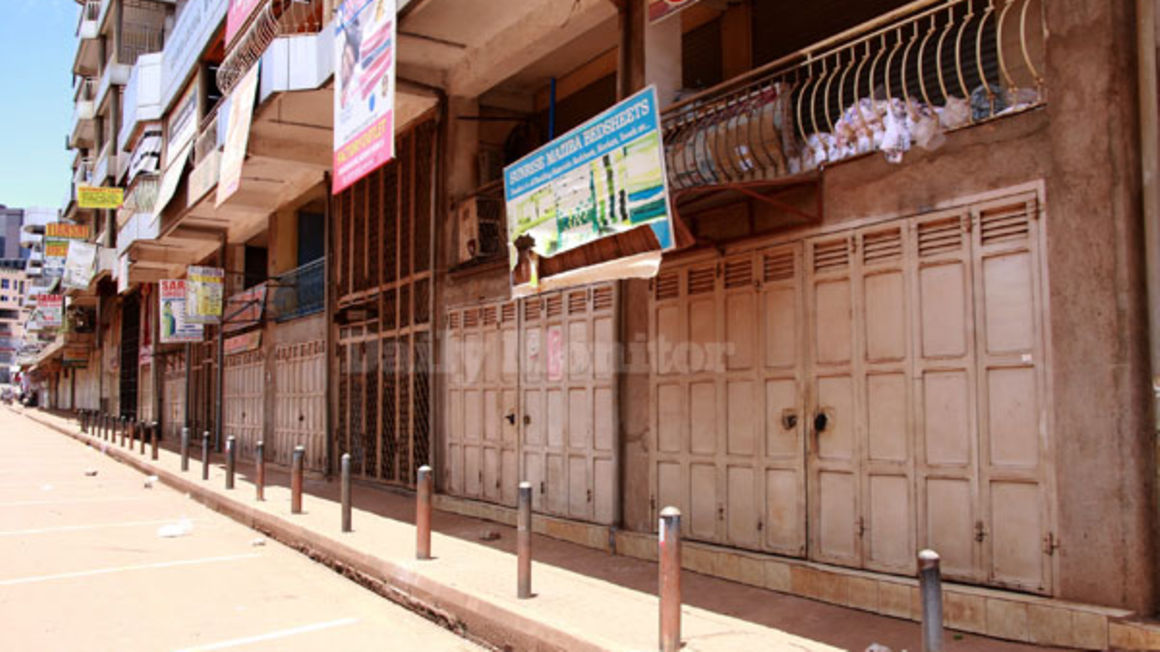What’s our level of preparedness?

What you need to know:
- The issue: Covid-19 pandemic
- Our view: Rather than receive these predictions with gloom and frustration, let us work harder to be better prepared for when that wave descends upon us.
According to Dr Matshidiso Moeti, the World Health Organisation’s regional director for Africa, the worst of the Covid-19 pandemic is yet to come. Dr Moeti says the third wave continues to gain speed and new ground.
For a population that has seen high infection and death rates over the past couple of months, this is demoralising.
On June 18, when President Museveni instituted a 42-day lockdown to mitigate the high infection rates, it was hoped that this lockdown with all its disadvantages and disruptions to livelihoods would ease the health effects of the pandemic given the largely controlled lockdown environment. But with statements like the one above, it is easy to think all these regulations are in vain.
On the contrary, such predictions and warnings can be used to create a good defence for oncoming adversity. Rather than receive these predictions with gloom and frustration, let us work harder to be better prepared for when that wave descends upon us. It is now common knowledge that we slackened as a country in the fight against Covid-19 after the first wave and have paid dearly for that laxity in this second wave.
Last week in our story titled, “Government seeks additional Shs600b to fight Covid-19”, the Deputy Secretary to the Treasury, Mr Patrick Ocailap, when asked why the ministry didn’t plan better, said; “The budget was passed before lockdown. The lockdown was in June, but the budget was passed in May. We didn’t know that this [lockdown and catastrophic effects of Covid-19] was coming”.
As absurd and maddening as that comment is, overly dwelling on the past will do us no good at the moment. Now that we see what’s coming (third wave), according to WHO, how are we preparing for it?
It is understandable that at the moment the government is in too deep trying to firefight the second wave for instance, cutting ministry budgets by 40 per cent to raise extra funds, sending Covid-19 relief to those deemed vulnerable, fixing gaps in the healthcare system, etc, that there might not be adequate time and resources to spare to fight a future challenge not yet here.
Unfortunately if we don’t plan ahead, we will always be firefighting challenges we knew we were headed our way well in advance. And as is evidenced by our current state, the consequences are dire and expenses, both financial and otherwise, are too high a price to pay.
The common saying goes, “By failing to prepare, you are preparing to fail. We shouldn’t find ourselves asking the odd question, ‘How did we end up here?’ again.




